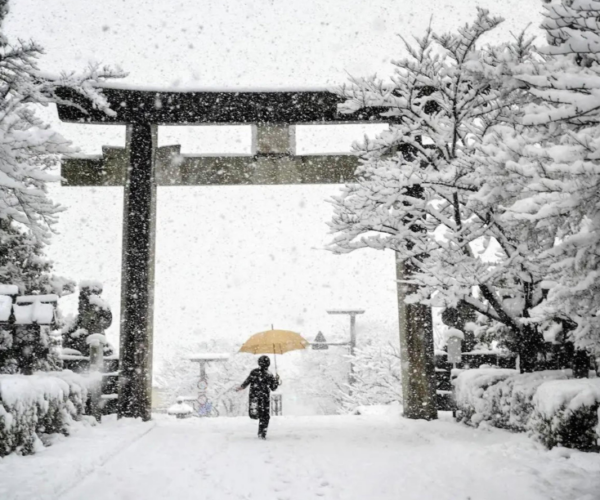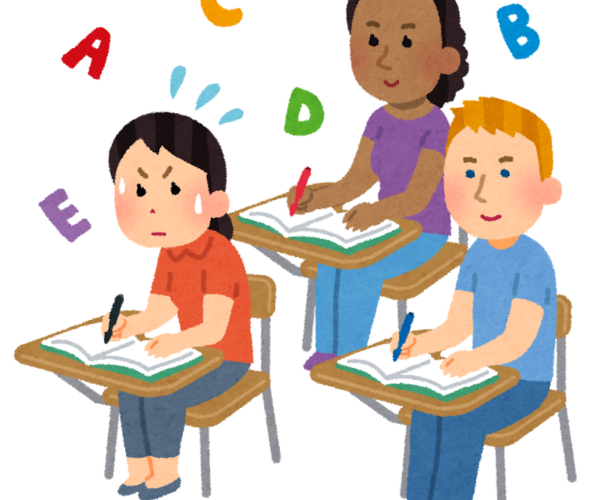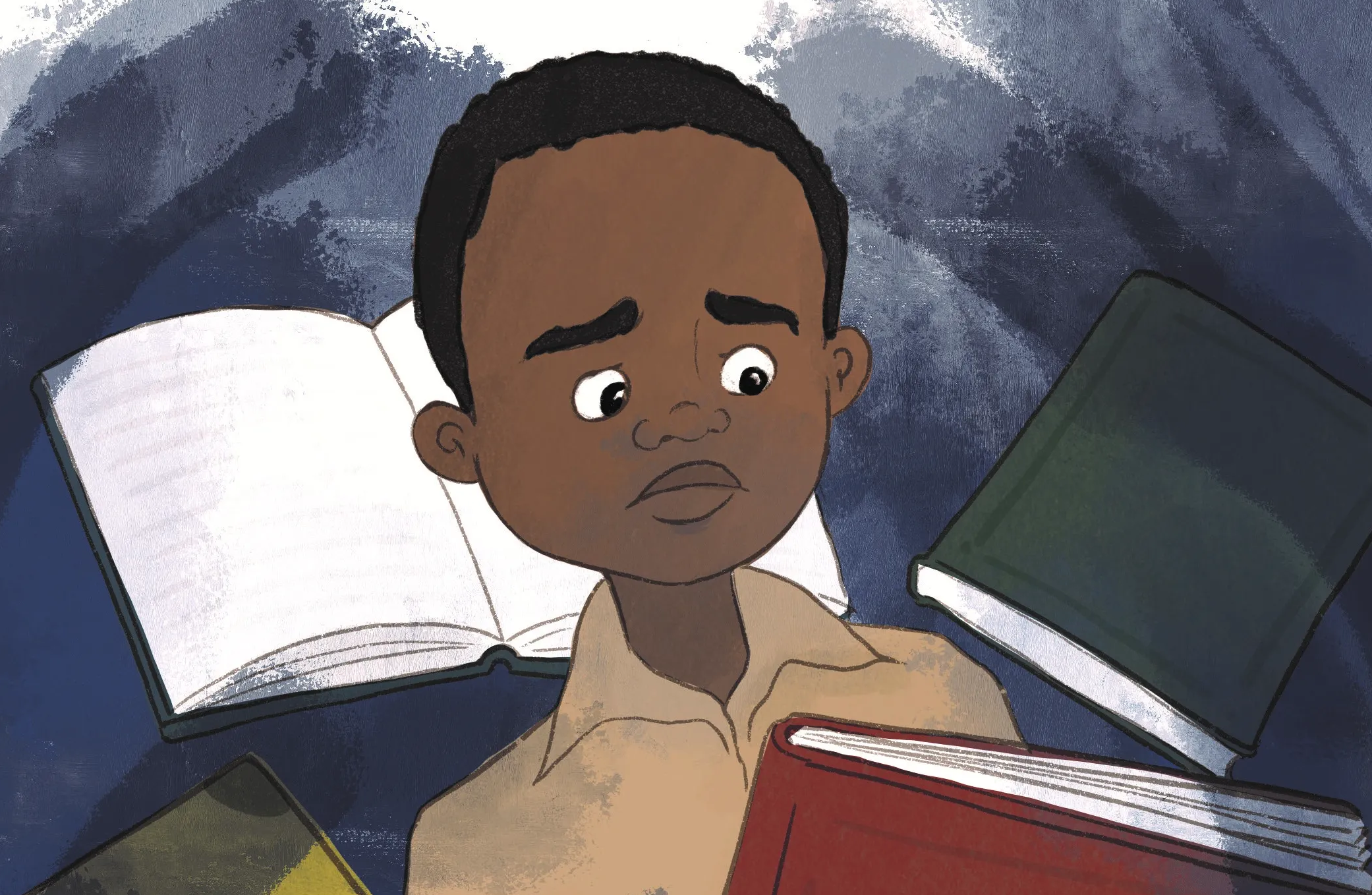A Story about ACEs and Hope
This article is a web original
Marco Cian (Hyogo)
“You think your pain and your heartbreak are unprecedented in the history of the world, but then you read. It was books that taught me that the things that tormented me most were the very things that connected me with all the people who were alive, who had ever been alive.”
-James Baldwin
This is a PSA. An Afterschool Special. A tract, if you will. While there is a plot, it’s fairly basic and barebones, really only serving to further the message of author Juleus Ghunta, that message being that children who grow up under Adverse Childhood Experiences have difficulty focusing on school and such, and that reading can help said children understand and overcome these ACEs.
The thing is, PSAs, Afterschool Specials, tracts, etc. are words with negative connotations, the main reason for this being that they’re often out-of-touch and poorly made. And yet, it’s very clear from interviews and the book itself that Juleus Ghunta isn’t coming at this from the position of an aging authority figure who wonders why the youths aren’t doing what he wants them to. This is a deeply personal passion project, and Ghunta approaches the ACEs of Rohan Bullkin with compassion and empathy.
However, even if Ghunta’s heart is in the right place, I don’t think this book will have as wide a reach as he hopes. This is meant to address a legitimate issue (children not reading or doing well in school because of ACEs), but is presented in a format that the exact children it’s trying to help would be averse to engage with. And the plot doesn’t really have much for adults who want to help these kids, because the thing that makes Rohan change his ways is simply finding the right book. Finding a copy of Marcus Garvey’s “How to Read” is enough to magically get Rohan interested in reading.
The reason that I find this to be an issue is that I don’t think any alcoholic disagrees with the assertion that their addiction eats up their life. I don’t think any alcoholic disagrees with the idea that getting sober is something to strive for. However, as an addiction, kicking the habit is the most difficult part of recovery. And as any educator will tell you, getting a child to engage with the lesson is the most difficult part of that lesson. By glossing over the process of getting Rohan to engage with reading, and instead focusing almost entirely on how reading will improve his life, Ghunta offers few practical courses of action for those of us who want to help the Rohans in our own lives.
I don’t think that any child is willingly going to read this book. Kids who are already interested in reading will find the story quality of this lacking, and the message preaching to the choir. And kids who aren’t interested in reading will simply not read this, unless a teacher or authority figure assigns it to them. Let’s be honest, how many of us actively sought out PSA-type media in our youth? More likely than not, it was always force-fed to us by an adult.
As a tool for educating people on ACEs, I think the appendix at the back of the book is good material. And it certainly offers more strategies for educators than the Afterschool Special plot of the rest of the book. But said plot is about what you would expect from media of this type, and will probably not be something you read for fun.
Marco Cian is a second-year ALT in Hyogo Prefecture. He hopes at the very least that, if you’re having trouble getting your own students to engage with lessons, this book was of some help to you. If you’d like to read more if his stuff, you can do so at his website here.




